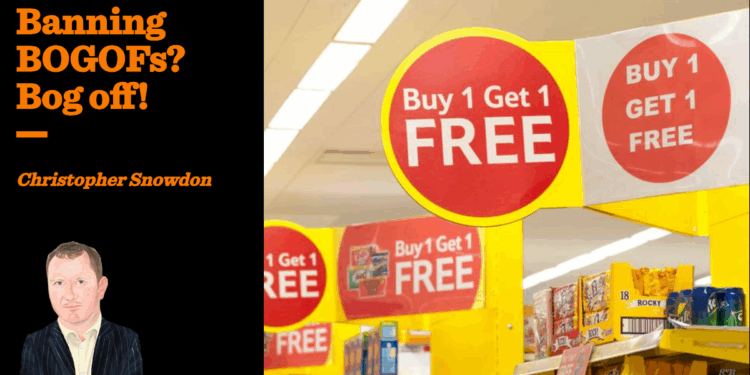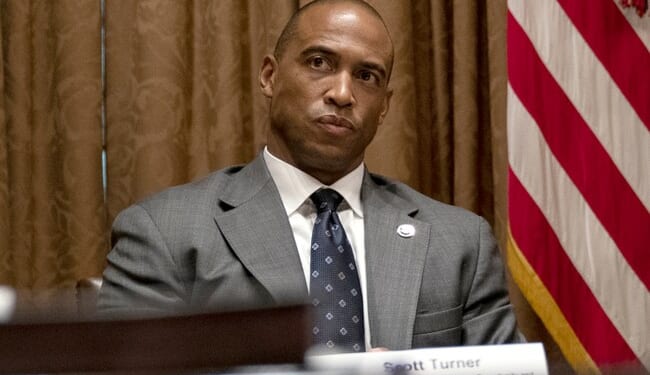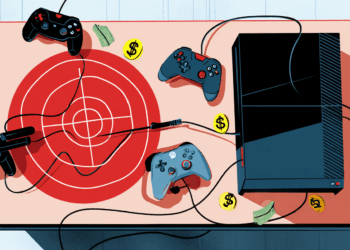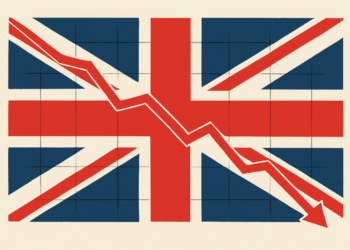It is exhausting to have to say this every other week, but the infantilising, ineffective and authoritarian policy that has just come into force under Labour was actually a Conservative policy. It is misleading to describe it as a ban on buy-one-get-one-free deals on junk food (BOGOFs). There is no legal definition of “junk food”. The ban covers anything from muesli to yoghurt so long as it has enough salt, sugar and/or salt to make it tasty. And it is not just BOGOFs but any volume price discount, such as “3 for £10”, that is being banned.
It is telling that this little prohibition was supposed to come into force in 2022 but was postponed because of high inflation AKA “the cost of living crisis”. It was postponed again in 2023 for the same reason. Although food inflation is still running at 5.1 per cent, the current government presumably feels that people are now affluent enough to swallow higher food prices in the hope that a policy that has never been tried in any other country will have an impact on obesity.
There can be little doubt that the government and civil service is embarking on this in the full knowledge that it will hit ordinary people. In 2015, Public Health England published a report looking at how British consumers used such price promotions. It admitted that “during the high inflationary period of 2008-2010, promotions were a useful coping strategy for shoppers to manage the worst effects of food and drink inflation”. It also noted that “as food and drink became relatively more expensive, behavioural data shows that many shoppers increasingly selected items offered on promotion to help them save money.” It acknowledged that BOGOFs and other volume price discounts “do of course play a role in helping shoppers reduce the cost of the items that they choose to buy” and that “everyone takes advantage of price promotions, not just low-income consumers.”
Public Health England’s analysis suggested that “if people bought the same quantity of food and drink with no promotions they would need to spend an additional £634 for the same items.” Since the intention of the ban is to stop people buying the same quantity of food and drink, this is probably an overestimate of how much it will cost consumers, but whatever the real cost turns out to be, it will not be nothing.
What will hard-pressed shoppers get in return? Lower rates of obesity? Fewer “health inequalities”? Not so fast. Greg Fell, the president of the Association of Public Health Directors (whom we have encountered before) was quick to manage expectations, telling the BBC that a ban on BOGOFs was not a “silver bullet”. Mr Fell said the same thing after calorie labelling became mandatory (“calorie labelling is certainly no silver bullet”). And although he told the BBC that it was important for the government to now ban “junk food” advertising, he has said that “advertising restrictions are not a silver bullet” either.
Banning volume price discounts for tasty food thereby becomes the latest in a long line of policies that will not single-handedly eradicate obesity. But no one expects to find one policy that will eradicate obesity. All we ask of supposedly evidence-based anti-obesity policies is that they have some effect on the prevalence of obesity.
Is it asking too much for obesity to fall by just a little bit?
If, as “public health” academics insist, obesity requires a cluster of policies to be introduced, we should surely be seeing some return on our investment by now. The UK has a sugar tax, a food reformulation scheme, a ban on “junk food” at the entrance, exit and check-out of supermarkets, traffic light labelling, mandatory calorie labelling, Jamie Oliver-approved school meals, and a ban on “junk food” advertising on children’s television that will soon be extended to the entire internet and all television before 9pm. It now also has a globally unprecedented ban on food price promotions. While none of these policies may be a “silver bullet”, is it asking too much for obesity to fall by just a little bit? How many more costly, regressive and illiberal interventions will be required for the obesity rate to fall by a single percentage point? Or could it be that the “no silver bullet” line is a nanny state cliché designed to mask the fact that these policies never had any hope of working?
The good news is that the government announced in July that it intends to repeal the BOGOF ban in the future because it has a brilliant new wheeze that will make it redundant. The bad news is that the brilliant new wheeze is fining supermarkets for selling us too much food. It is safe to say that it will not be a silver bullet.












